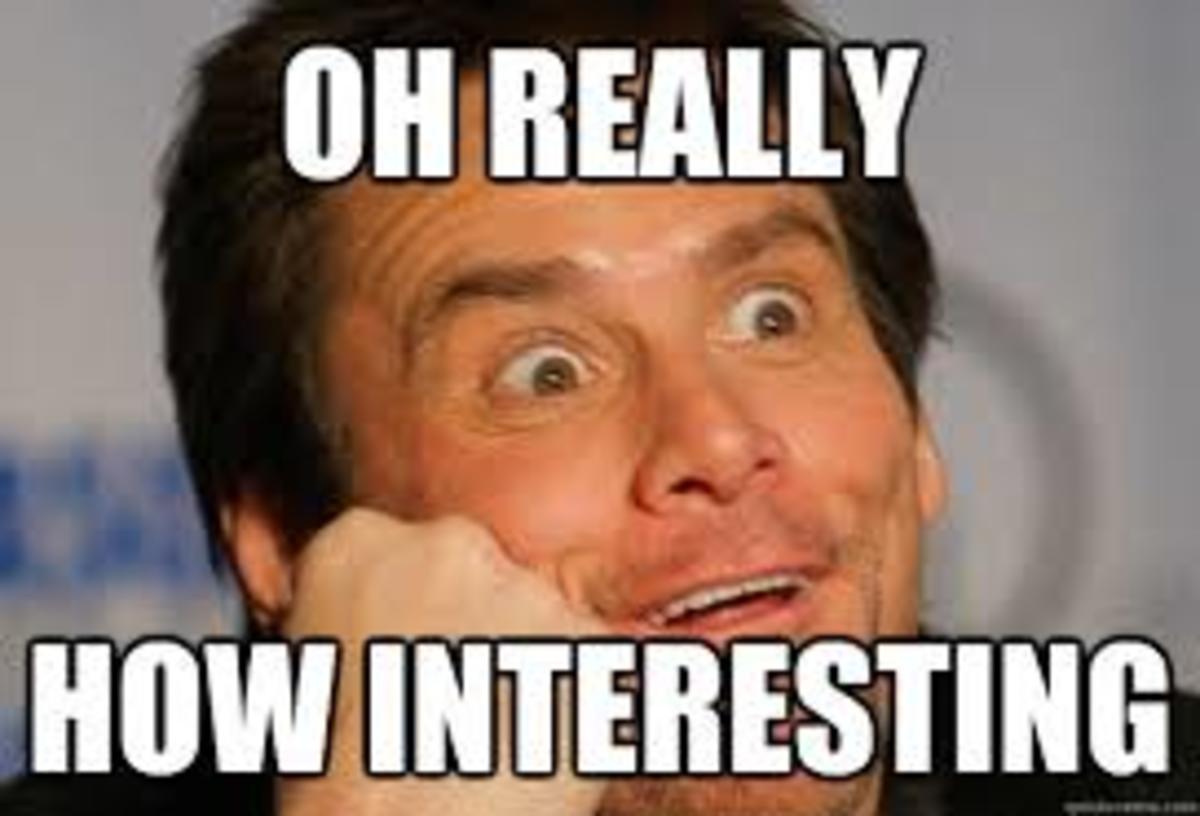This section requires Javascript.
You are seeing this because something didn't load right. We suggest you, (a) try
refreshing the page, (b) enabling javascript if it is disabled on your browser and,
finally, (c)
loading the
non-javascript version of this page
. We're sorry about the hassle.
6 solutions
i is not a variable. It denotes an imaginary number. Treating it as a variable to derive conclusion is arbitrary and does not logically support its use as a variable. This is unsolvable and the answer is false, i.e., I am imagining two numbers and multiplying them by each other, what is the answer? To conclude the answer is 12, -12, or anything else is ridiculous. Even in your own equation, 3ix4i=12i^2, plug in any value for i - it doesn't equate.
Log in to reply
See this .
Sure, you can say I is an imaginary non-existing number, but it is WIDELY accepted, and created for the sqrt(-1). That is what i equals in this case, and all other cases in the mathematics world. You can use i in this format. Sure, we made up i, but this is what it was made for. It is true.
Seems like you haven't learnt complex numbers properly (no offense) .. See this ... And for the last sentence there exist i = − 1 which satisfies 3 i × 4 i = 1 2 i 2 . And i not a variable at all.. It has a fixed value of − 1 and saying that i × i = − 1 has no mistakes !!
You can square both sides of the equation and end up with: -9x-16=144. True
3ix4i=12i^2 Let i=2 3(2)x4(2)=12(2)^2 6x8=12x4 48=48 I plugged in any value like you said and it equated
every one of your arguments applies to real, positive, numbers, only. You can't multiply two negatives and yield a positive. Well, unless, you are imagining things.
Log in to reply
Whats so imaginative in complex numbers(They're well defined)? Check once again what you said - Two negative reals when multiplied always yield a positive!!
I agree with you. And further more, who is to say i equals 1 in order to have 1^2 equal 1.
That is why I posted this. Many people have this misconception. Anyway, nice solution. Upvoted.
Log in to reply
There is no answer, square must be positive, - -=+ + += + if a square was negative, you would have to do +*- which would not be x squared
Right..... BTW T H A N K S .
that is incorrect as square root of a negative number are always not real ,only positive nos have real roots
The ans is -12 Hence the statement is false?
Hi, I am a potato
Log in to reply

it is not a true square root
It would not be false because the statement does not say all the numbers you are working on?
No this is incorrect. i is not a variable representing a real number. Because it is imaginary it cannot be defined as 1 or -1 . Stupid solution
Log in to reply
There is a world outside the world of real numbers called Complex Numbers
My biggest issue with this problem is that it is using imaginary numbers to express a set equation. The problem is laid out as a typical equation when it isn't. Imaginary numbers are just that, non-existant in the real world and serve almost no purpose.
Log in to reply
I strongly object to that.Complex number serve a variety of purposes in daily life.
the square root of I squared is a positive number = 1. the correct solution is +12
This is impossible, the square root of any negative number does not exist
Log in to reply
Technically, the square root of a negative number is i* sqrt(x). It might not show on some calculators though.
This equation is almost intentionally abstruse and it's clearly written to show how knowledgeable the author is and how stupid the rest of us are. I got this app to reinforce what I already know not argue about imaginary numbers and made to be felt uneducated. Even reading through the comments I'm still not sure who's right... Uninstalled
Log in to reply
Grow a pair, dude. There will always be things you can't solve, and people who can solve them. If you're only here to "reinforce what you already know", then perhaps leaving is the right thing to do, as logically, you cannot know what you know unless you know the limits of it. And you cannot know the limits of it unless you find where you don't know things.
If you just want your ego stroked, stick to the "genius memes" on Facebook.
Log in to reply
 You deserve a Oscar!! ;-)
You deserve a Oscar!! ;-)
Sounds like you're the angry one dude lol. Jeez you angry nerd types are sensitive. Regardless the point of learning is concise, clear, and rational thought presented in an accessible way. This discussion has none of those qualities.
Log in to reply
@Zach Bickett – Angry???
I'm not the one getting offended by feeling uneducated (your words). Grow up.
I have a doubt on this, I always had.
− 9 × − 1 6 = ( ± 3 i ) 2 × ( ± 4 i ) 2 = -12
But Similarly
− 9 × − 1 6 = ( ± 3 i ) 2 × ( ∓ 4 i ) 2 = 12
Is there any rule that forbids the second case ? If yes, what ?
this is false. U cannot square root a -ve number
Log in to reply
You can, but it would be imaginary. And i^2 equals -1
Log in to reply
So yes, it doesn't exist
Log in to reply
@Ben Hunter – It doesn't exist - to treat 'i' as a variable is arbitrary - it denotes that it is imaginary. i is not a variable.
It an expression not an equation. ..so there is no plus or minus
sqrt(-9)= 3i and sqrt(-16)= 4i
i i= -1 so the equation basically says 3 4*-1=-12
i does not = -1, it is the square root of -1
Obviously, this is not a "beginning"algebra question when people who clearly know their mathematical concepts do not agree. This was a poorly crafted question in my opinion and should be either revised, taken down, or pushed to a different level. You may disagree and that is okay, I just do not think the question is appropriately placed as a warm up when you are using theoretically possible expressions and imaginary numbers without denoting that in the expression to begin with. Often, a true of false response choice is not enough when there is more than one solution.
Log in to reply
Exactly! I understand the concept of complex numbers, but when I approach math problems I use logic. There is no logical explanation as to why we should be using imaginary numbers to justify this expression. If we were to happen upon something like this in the real world, there would already be an underlying factor that would tell us that we need to find all possible solutions, and if there's not then we would find the logical solution which in this case would be 12. That's the way this problem should be written.
Here, a × b , where a and b are negative, is not equal to a b ! − 9 × − 1 6 = 3 i × 4 i = 1 2 i 2 = − 1 2
Therefore, the answer is True .
− 9 = 3 i and − 1 6 = 4 i ( w h e r e i = − 1 ) Hence, 3 i × 4 i = 1 2 i 2 = − 1 2
N O T E : − a × b = a b is valid only when at least one of a and b is ′ n o n n e g a t i v e ′ .